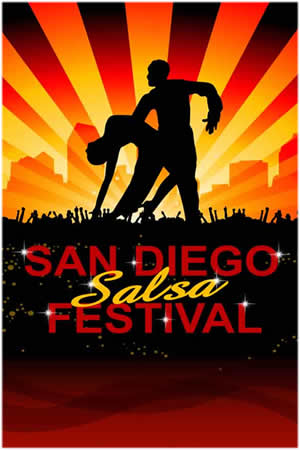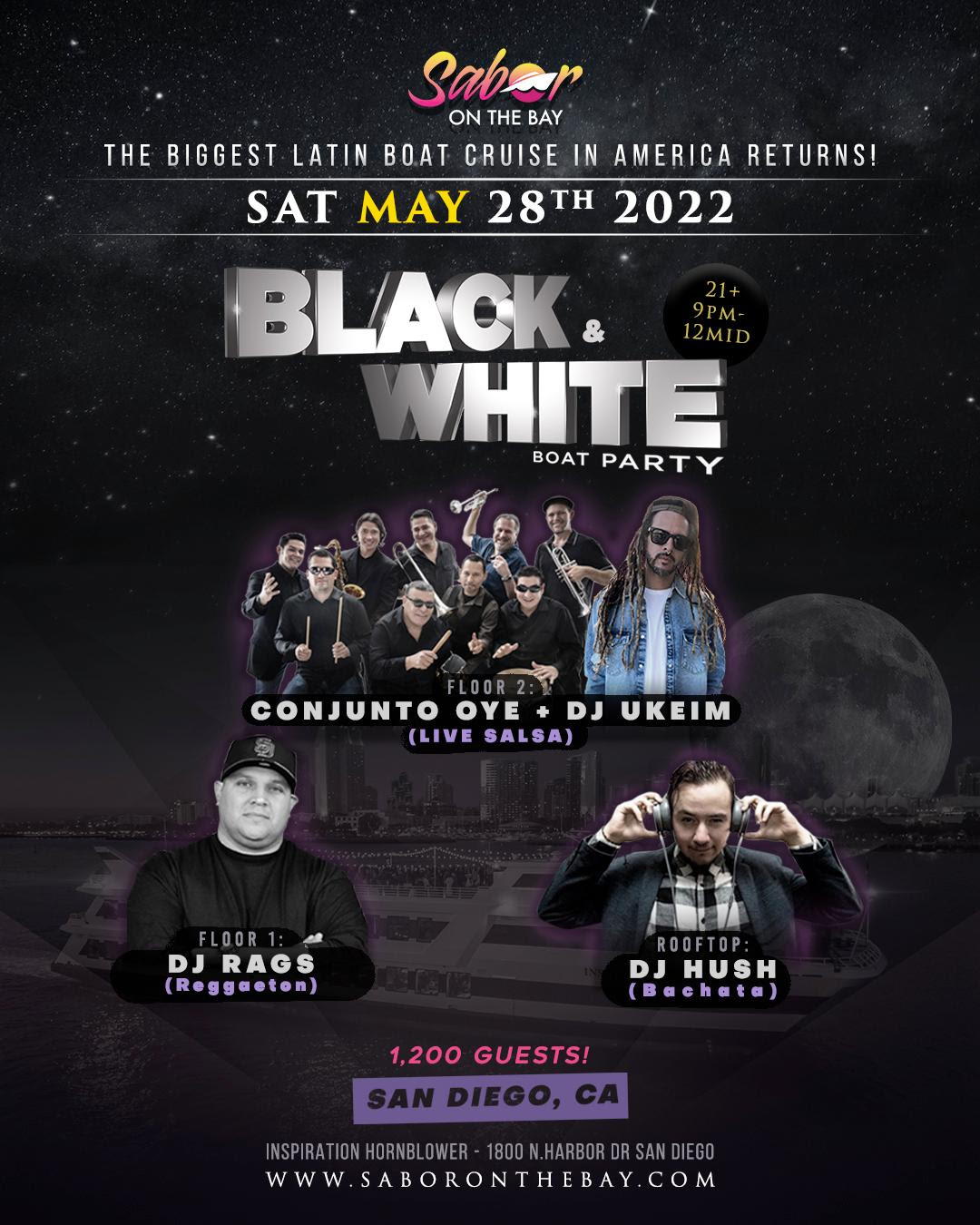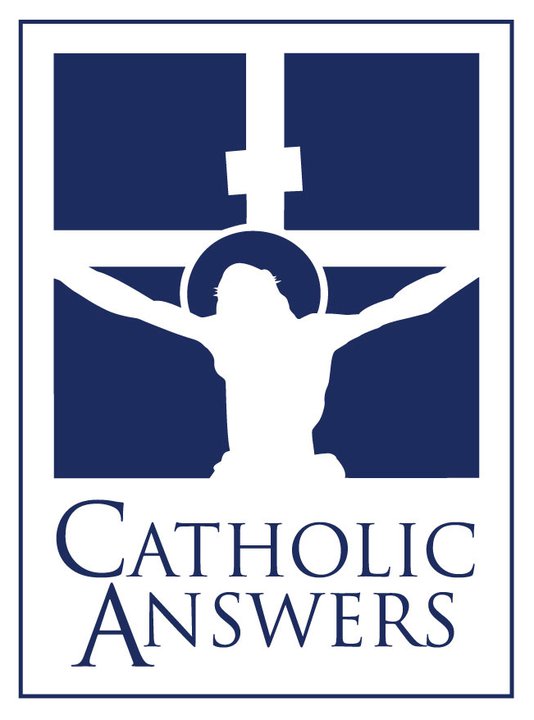For many Latin Americans, tradition plays a huge role in the development of not just the culture but also the music that comes from that culture. This is clearly evident in the work of Cuban Son Band Septeto Nacional. Since 1927 the Cuban band has worked tirelessly to keep the traditional Cuban son alive and little has changed for the 4th generation of the band that currently tours today. San Diego will be able to experience true, authentic Cuban Son at their upcoming Anthology concert here in Little Italy on September 3rd. Recently I was lucky enough to talk with Francisco Oropesa from the group about the history and tradition of Septeto Nacional. I hope you enjoy the interview as much as I did.
______________________________________
Ritmo Bello: Francisco Oropesa, it’s great to finally sit down with you to talk about the legendary Septeto Nacional. Okay, let’s begin. Can you give my Ritmo Bello readers some background on the band’s origin and the original leader, Ignacio Pineiro?
Septeto Nacional: The Septeto Nacional was officially founded on December 13, 1927, by Don Ignacio Piñeiro at 56 Pocito Street in the neighborhood of Pueblo Nuevo, in Havana, Cuba. Additional founding members were Juan de La Cruz Iznaga, Francisco Solares, Jose Manuel Incharte, Alberto Villalón, Bienvenido León y Abelardo Barroso. Another early member was Lázaro Herrera. He became the first trumpeter to record Cuban son in the newer septet format. Prior to this, the group was a sextet, as were the vast majority of son groups in Cuba at the time. The addition of the trumpet was a major innovation in the development of Cuban son.
Ritmo Bello: What exactly does ‘septeto” refer to, the group members themselves or the instruments? What’s the history behind the name?
Septeto Nacional: Septeto (Septet) refers to the number of muscians in the group (seven musicians, each with an instrument). Ignacio Pineiro played a significant role in changing the number of musicians in the son format to seven from the original six.
Ritmo Bello: Most folks may not be familiar with the difference between modern salsa music and Cuban Son. How would you describe the differences and what do you see as the advantages of one music form over the other?
Septeto Nacional: First, the son is played with acoustic instruments. Some of the early instruments are no longer used as frequently, such as the Marímbula (used as a bass – constructed of several metal strips attached to a box) and the Botija (a jug – like those found in the Kentucky black jug bands).
The son played by Septeto Nacional is special. Ignacio Piñeiro’s unique arrangements and compositions are infused with many of the African derived music traditions found in Cuba, such as Rumba (the Rumba complex includes: Guanguancó, Yambú and Colombia) and Abakuá. He created and enriched his music with all these elements.
Ritmo Bello: Although Septeto Nacional is known for its rich musical history I’m sure you have an opportunity to make new music. How and where do you find inspiration for creating new music?
Septeto Nacional: The most important objective for our group is to keep the original repertoire and preserve the Rumba style Ignacio Piñeiro brought to the son.
When we make new music, we’re inspired by our excellent musicians and composers. However, we always make sure to conserve the traditional character and brand handed down by Ignacio Piñeiro.
Ritmo Bello: As a history buff I always like to see the greater picture and understand how music has evolved through certain events. How has the Cuban revolution in 1959 affected music coming from Cuba such as Cuban Son?
Septeto Nacional: In our case, the group has not been affected. We have always received our country’s full support. We tour and perform a great deal and through this, we receive much admiration and respect in Cuba and throughout the world. We are proud to be the ambassadors of Cuban Folklore, a title we’ve held since 1929, and represent our traditional music at the highest levels.
Ritmo Bello: Can you tell me a little about the albums that Septeto Nacional has released to date?
Septeto Nacional: A vast number of recordings have been made since 1927. Between 1959 and 2010, more than 20 albums have been released. Some of the latest and most significant recordings are: Poetas del Son (Chant du Monde label – Grammy nominated, 2002), El Sabor de la Tradición (Ferment 2005), Noche de Conga (Egrem 2007), Desafiando al Destino (Bis Music 2009).
Ritmo Bello: Are there current plans for new CD releases coming up soon?
Septeto Nacional: Our latest album is titled Sin Rumba, No Hay Son from Harmonia Mundi/World Village Records. We’re launching it on this U.S. tour. The official release date is September 14th. The CD has 14 great tracks. We hope our fans enjoy it and that it’s a success on the global market
Ritmo Bello: What song from your group best epitomizes true Cuban Son in your opinion?
Septeto Nacional: Indisputably, there are many songs from Piñeiro that exemplify the Septeto Nacional. However, in my opinion, the most universal is Échale salsita (throw a little salsa on it!). The term “salsa”, the blanket word we use today to describe tropical/Latin music, can be traced to this son composition.
Ritmo Bello: What type of awards has the group received over the years on account of Cuban Son music? Which ones are you most proud of receiving?
Septeto Nacional: I think the most significant awards the Septeto Nacional has received are the gold medals from the Seville World’s Fair in 1929 and the Chicago World’s Fair in 1933. Equally as important, the group is also a recipient of the Cuban Cultural Heritage Award of Distinction. We’re proud and honored to be so recognized.
Ritmo Bello: What are you future plans concerning your music?
Septeto Nacional: To continue the worldwide promotion of Ignacio Piñeiro’s music, identified globally as Cuban Folklore.
Ritmo Bello: As a salsa dancer I have to ask, what do you think about the growth and popularity of dancing to salsa, Cuban Son or other types of Latin music?
Septeto Nacional: In many countries we see salsa dancers dancing on rhythmic elements of the Cuban Son. We also see many people come to Cuba to learn popular dance, some of them have dance academies that exist in different countries. I think it’s great to see so many young people eager to learn how to dance to this music we all love. Cubans breathe their music and dance (both in popular and folkloric forms). It’s a constant presence in our lives, from morning to night. Cubans live it every minute of the day – in their homes, on the streets, festivals, clubs – music, dance and art are a constant presence in Cuba. It’s a part of our lives from the time we’re born. We know and understand all Latin rhythms and trends from all parts of Latin America.
Ritmo Bello: At the upcoming Anthology show September 3rd what can we expect to see when you perform?
Septeto Nacional: The audience can expect to listen and dance to the best Cuban traditional music, the most authentic and best preserved Cuban son in the style of Ignacio Piñeiro.
Ritmo Bello: Is there anything else you’d like to share with the San Diego salsa and Latin dance community that we haven’t covered yet?
Septeto Nacional: We hope the San Diego public enjoys our music and our interpretive quality. We’re the 4th generation of Septeto Nacional and have played over 500 concerts in over 36 countries over the past 10 years.
Ritmo Bello: Do you have contact information in case anyone from the Ritmo Bello audience wants to contact you?
Septeto Nacional: They can contact us by email at echalesalsita@cubarte.cult.cu or by phone in Cuba 535-2829003 or 537-8635736. Ask for Frank or Ricardo.

Ritmo Bello: Francisco, on behalf of the San Diego salsa dance community and Ritmo Bello thank you for your time! It has been an honor to talk to you today.
Septeto Nacional: Many thanks to you and the Ritmo Bello audience. We hope to see all of you at the Anthology Jazz Club shows.










